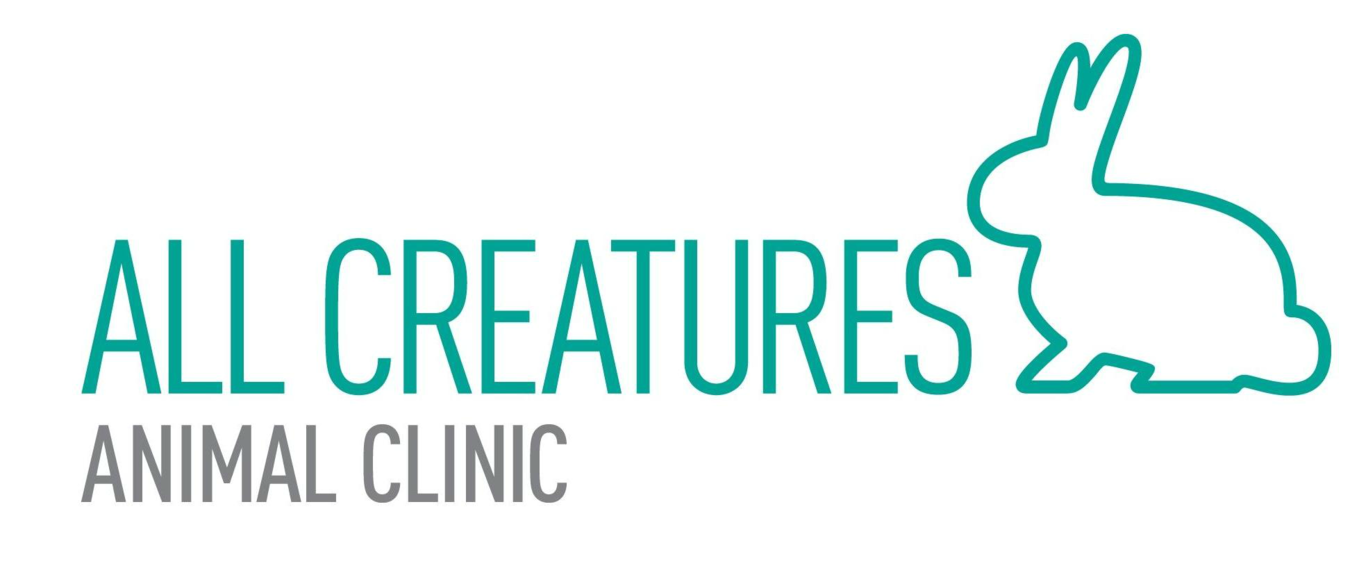CARE OF HEDGEHOGS
Food
• Wild hedgehogs eat mostly insects, but there is still debate on the best diet for pet hedgehogs
• Base Diet: The bulk of a hedgehog's diet should consist of a pelleted food
◦ Use a pellet designed for hedgehogs/insectivores or a high quality, low calorie cat food
• Fruits and vegetables: Provide a mix of finely chopped fruits and vegetables daily
◦ Spinach, romaine, leaf lettuce, collard greens, dandelion greens, kale, carrot, tomato
◦ Apple, squash, banana, grapes, pears, berries
• Moist food: Canned dog or cat food, cooked meat or egg
• Insects: Mealworms, waxworms, crickets
◦ Offer crickets some of your hedgehog's pellet and vegetables for 3 days before feeding
• Feeding amounts (adults): 3-4 tsp of base diet, 1 tsp fruit/veg mix, 1 tsp moist or insects daily
• Feeding amounts (<3 mo): Unlimited base diet, 1 tsp fruit/veg mix, 1 tsp moist or insects daily
Water
• Use a hanging water bottle or multiple open bowls
• Change water daily and check that water sippers don't become clogged
Housing
• Hedgehogs require a pen that is at least 2 x 3 ft wide
• A plastic bottom cage or aquarium is suitable
• Give them supervised access to larger area to roam and play daily (protected room, play pen)
• Provide several hiding places in the enclosure
• Solid flooring (no grates) is necessary for all living spaces
• The floor should be lined with paper pulp bedding (e.g. Carefresh), newspaper or similar
◦ Fleece bedding is another good option
• All bedding should be changed daily
• Some hedgehogs can be litter trained- use only paper based litter (e.g. Yesterday's news)
◦ Do not give cat litter or wood chips/wood shavings
• Hedgehogs should be housed individually
• Temperature in a hedgehog's enclosure should remain in the 75-85 degree F range at all times
• Hedgehogs should receive a consistent light cycle of 10-14 hours or dark and 10-14 hrs light
• Low humidity (~40%) is preferred
Behavior
• Some hedgehogs enjoy people, but others are resistant to handling
• Hedgehogs rarely bite, but may roll into a ball, puff up, and hiss
• hedgehogs are naturally nocturnal, and may choose to dig and/or hide during the day
Toys
• hedgehogs enjoy exercise wheels with solid flooring- this also helps prevent obesity
• Hedgehogs are excellent swimmers!
◦ A tub of shallow, warm water can be provided
◦ Always monitor them when they have access to their pool
◦ Dry them off thoroughly and place them in a warm place after swimming
Medical
• An annual physical exam is recommended-this may require sedation or anesthesia for some
• Obesity is common
• Pet insurance is available through "Veterinary Pet Insurance"
• Mite infestation is common in young or new hedgehogs- flaky skin or quill loss may be noted
• Tumors, particularly in the mouth, are very common
• Female hedgehogs may also develop tumors on the mammary glands and the uterus
• Hedgehogs can carry salmonella, which is potentially contagious to humans
◦ Hand-washing is recommended after handling your pet hedgehog
• Heart disease, liver disease and neurologic diseases are also common
• African pygmy hedgehogs should not hibernate
◦ If hibernation-like activity is observed, contact All Creatures Animal Clinic immediately
Resources
• All Creatures Animal Clinic: allcreaturesvet.net, 734-973-1884
• Emergency Care: Animal Emergency Center of Novi: www.aec4pets.com, 248-348-1788
• Nationwide Pet Insurance: www.petinsurance.com

